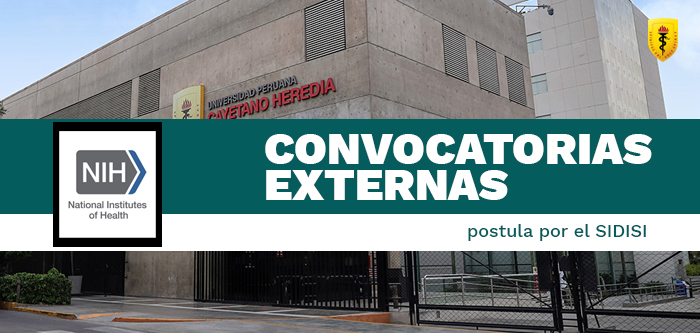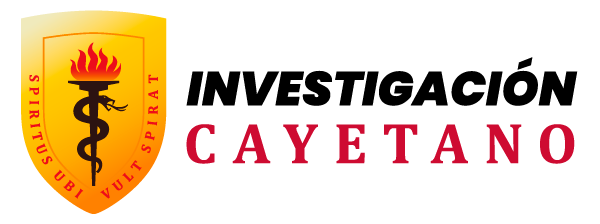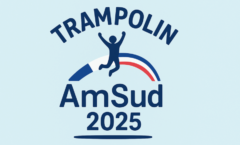Improved Drug Susceptibility Testing (DST) for Tuberculosis

Research Objectives

Research Objectives
This FOA will accept applications to further develop new diagnostic technologies for TB DST with an emphasis on rapid, POC, or near POC, low complexity assays. As new drugs move forward in the pipeline there is also need for companion DST diagnostics for newly approved TB drugs, to ensure new drugs are used most effectively. This FOA targets highly innovative DST assays, including phenotypic DST that may rely on a readout that does not require full growth as in traditional DST assays. Innovative technologies beyond nucleic acid amplification tests (NAAT) are encouraged. Applications may include exploratory work to further improve our knowledge of genotypic and phenotypic correlates of clinical DR, however, this must be done in concert with DST assay development. Research that leverages the rapid advances in diagnostic technologies for COVID-19 applied to TB are also encouraged. Applicants are encouraged to partner technology holders with academic, clinical and laboratory TB diagnostic expertise. Applicants are encouraged to compare products to the currently used tests, including culture and/or GeneXpert MTB/RIF or Ultra Xpert, as appropriate.
Specific areas of research interest include, but are not limited to those listed below:
– Development of POC, or near POC, rapid, low cost, low complexity DST for first and second line TB drugs, especially multiplex DST assays that provide comprehensive drug susceptibility information.
– Development of DST assays to determine susceptibility or resistance to newly approved drugs to treat TB including Bedaquiline (BDQ), Linezolid (LNZ), Pretomanid (Pa) and drugs in late-stage clinical development to treat TB.
– Development of companion diagnostic for new TB drugs.
– Development of rapid, phenotypic DST for TB drugs.
– Projects that incorporate known drug resistance markers with novel diagnostic platforms.
– Projects aimed to define novel drug resistant biomarkers and incorporate them with diagnostic platforms.
– Development of novel assays to measure response to treatment, including host response markers as a measure of drug susceptibility (DS) for TB.
Development of DST assays that meet the WHO DST Target Product Profile for DST for TB drugs are strongly encouraged. Information from experimental diagnostics may not be used to inform treatment decisions as part of the proposed work. Clinical studies are acceptable. Applications may include limited clinical studies (not clinical trials) to assess performance of a novel DST in the field, along with development and improvement of a novel DST.
Applications proposing any of the following topic areas will be considered nonresponsive and will not be reviewed:
– Applications that propose to conduct a clinical trial.
– Applications that propose to develop a TB diagnostic that does not provide drug susceptibility/resistance information as an outcome.
– Applications that propose to develop a diagnostic exclusively for animals/agricultural use.
– Applications that propose to conduct drug resistance biomarker discovery without development of a DST assay.
– Applications that propose field testing of a DST without proposing to improve and further develop the DST.
Funds Available and Anticipated Number of Awards
NIAID intends to commit $3 million in FY 2023 to fund 4-6 awards.
Award Budget
Application budgets are limited to no more than $500,000 in direct costs for any project year.
Award Project Period
The scope of the proposed project should determine the project period. The maximum project period is 5 years.
Link para postular por el SIDISI: https://intranet.upch.edu.pe/sidisi/convocatoria/public/index/id/310



